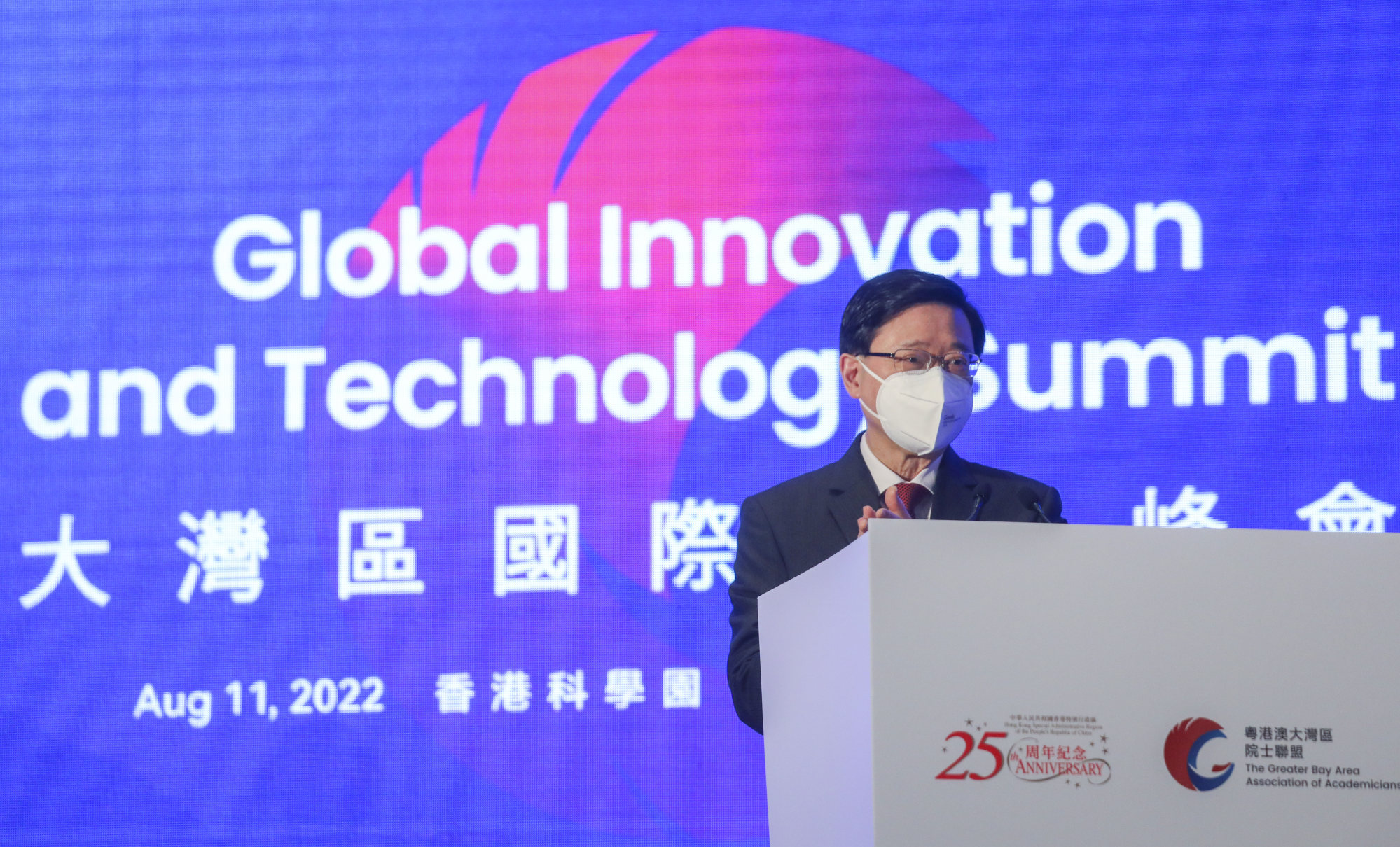
Bright future for biomedical innovation awaits Hong Kong with the right market conditions
- A pro-innovation healthcare system and favourable business environment could persuade multinational biotech companies to put more resources into Hong Kong
- Collaboration across bureaus, borders and sectors is paramount, and the Greater Bay Area should aim to be a pioneer in China
The Innovation, Technology and Industry Bureau needs to work with the Health Bureau on biomedical innovations: its assistance is instrumental to preclinical research and manufacturing, for example.
Health Bureau collaboration is critical in the clinical development phase, for clinical trials and product registration. Once a product is launched, adoption in the public healthcare sector can benefit patients and accumulate data and expertise early.
The Heath Bureau delivers most healthcare services in the city through the Hospital Authority and other departments. Thus, its adoption of innovations can make them accessible to the majority of patients.
Hong Kong will have plan for I&T ecosystem by December, finance chief vows
Innovators desire data and expertise derived from early adoption, which is critical to product improvement. What’s more, early adopters can share their experience with colleagues in late-launching markets. This helps the spread of innovation and establishes the reputation of early adopters, which will further attract investment and collaboration.
In 2006, the Organisation for Economic Cooperation and Development published the report, “Innovation in Pharmaceutical Biotechnology: Comparing National Innovation Systems at the Sectoral Level”. It compared eight advanced countries and concluded that being a leading market for adopting innovations is beneficial for existing and future research and development.

One stand-out is the Shanghai government’s efforts to accelerate adoption of biomedical innovations over the past two decades. This has made a huge contribution in attracting, supporting and retaining multinational biotech companies in the city, making it the biopharmaceutical Silicon Valley of China.
Shanghai supports companies by helping them apply for reimbursement of the cost of a product from the National Health Security Administration. The government then works with local public hospitals to accelerate procurement.
If a product is not covered by the national insurance scheme, Shanghai will also consider covering the cost through local insurance so residents can still afford it. Two cell therapies have been covered by this insurance, offering benefits of up to 500,000 yuan (HK$570,875).
In 2019, the Shanghai Municipal Health Commission added the “use of innovative products from Shanghai” as a performance indicator for local public hospitals. It also asked public doctors to discuss innovative products from Shanghai when they were on business trips to other regions.
Scientists 3D-print biomedical devices in study that may ‘open up possibilities’
Shanghai has become a leading market of biomedical innovations in China with its pro-innovation healthcare system and ability to influence technology adoption in other parts of the country. The Asia Summit on Global Health was a chance for Shanghai and Hong Kong to exchange ideas. Learning from each other and creating synergies is critical for these two global cities to thrive in biomedical innovation.
Lo’s attendance at the summit on global health showed a commitment from the Health Bureau to foster new partnerships. Collaboration across bureaus, borders and sectors is paramount for biomedical innovations.
With favourable market conditions, more leading biotech companies will come to Hong Kong to innovate. There is an exciting year ahead.
Junqiao Chen is a healthcare system partner at Roche, one of the world’s largest biotech companies and one of the earliest to operate in China

